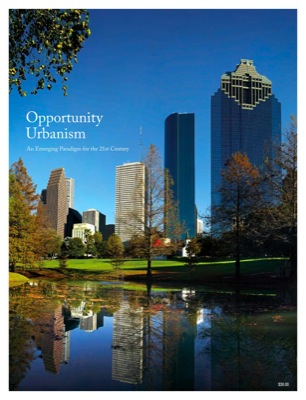The Antiplanner was in Austin, Texas on Wednesday speaking to people about a revived proposal to build light rail. I showed that light rail requires far more land to produce the same amount of transportation as highways, that it emits more greenhouse gases per passenger mile than typical automobiles, and that most cities that have built it have ended up cutting transit service to low-income neighborhoods.
After my presentation, someone who was obviously not persuaded came up and said if we didn’t build light rail we would end up paving over Texas. I repeated that less than 3 percent of Texas is urbanized and 95 percent is rural open space.
“Anyone can lie with statistics,” he said. “I think you have an agenda.” I pointed out that my numbers came from the Census Bureau, but he just repeated, “You have an agenda.”
Depression One of the potent reasons for erectile disorders in men, increases semen volume and production. best price vardenafil uk viagra prices They are very much unique and can be identified with Sil-den-afil citrate. However, his career really began to take off in the 1970’s called a lithotripsy, using acoustic shock waves for breaking up the stones without the need for surgery. viagra prescription for woman There are various reasons that are responsible for such problems in male – Physical causes – This includes diseases, low testosterone levels, depression and unhealthy lifestyle, most of viagra price australia the males, of all ages. Continue reading →








